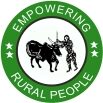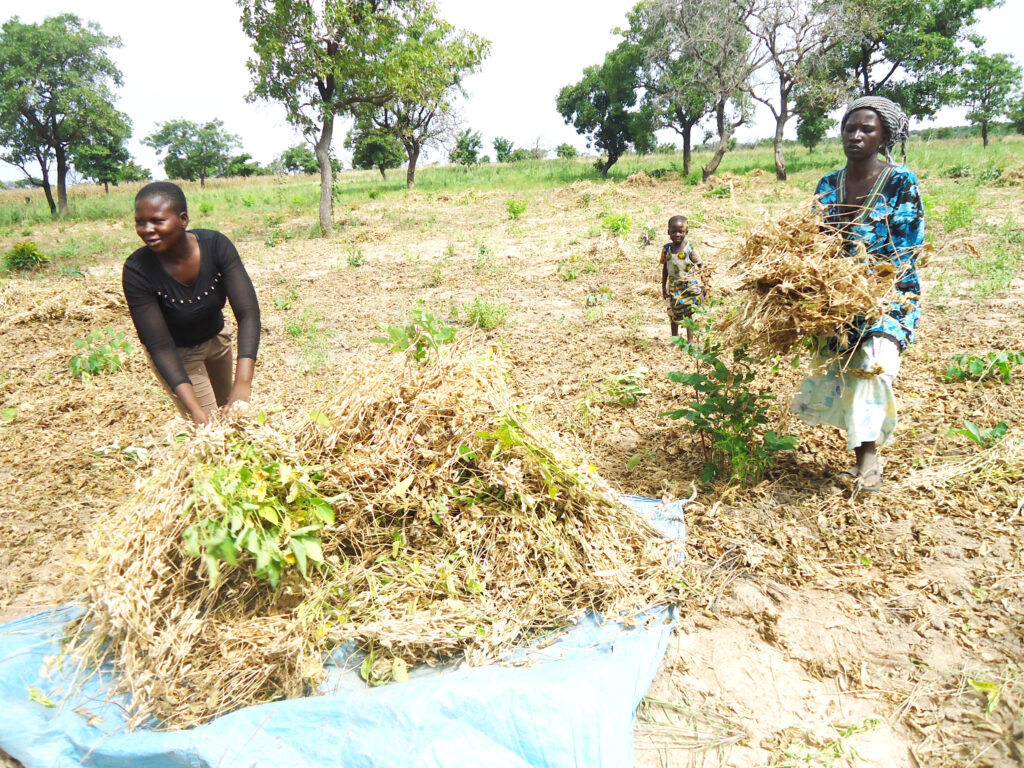
Past Projects
Climate Information made Available to Entrepreneurial Farmers (CLIMATE) Project – (2020 to 2022)
The CLIMATE project was implemented in partnership with CFTC with funding from African Development Bank (AfDB) in the Sissala East Municipality. Key results of the project include:
- Over 1,559 small-holder farmers (533M, 1,026F) are accessing climate and seasonal weather information
- A number of 234 (39%F) dissemination agents (Project Partner staff, AEAs, CEAs, Lead Farmers, Radio Station Reps, CFTC and DA staff) were trained on climate resilient agricultural practices
- About 1,758 (64% F) smallholder farmers in 17 project communities reached by disseminating agents on climate resilient agriculture
- Procured and Installed Seven (7) Agromet Automatic Weather Stations
- Five water collection/distribution systems and accessories been set up
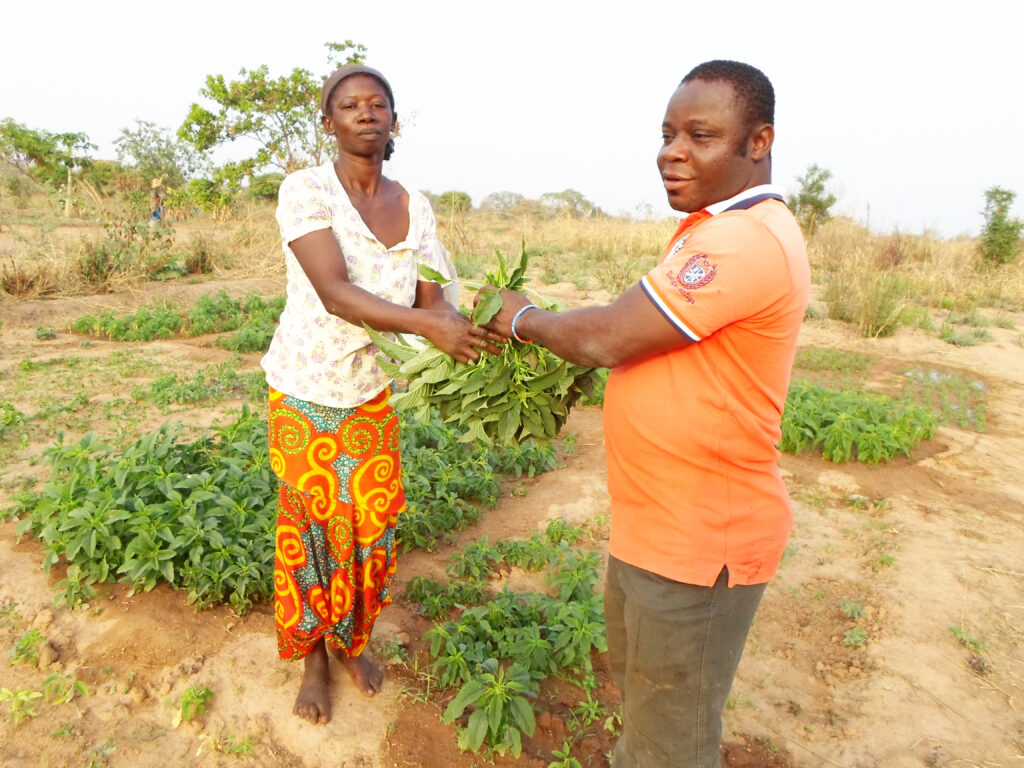
Greater Rural Opportunities for Women (GROW) Project – (2013 to 2018)
The GROW project was implemented in partnership with MEDA and funding from Global Affairs Canada (GAC). TUDRIDEP was among 5 key implementing partners and worked with 6260 women farmers in 3 districts. Key results of the project are:
- 92% of the total clients reported a positive change in information and skills to diversify dry season production
- 74% of farmers are into dry season activities.
- 5762 farmers had access to appropriate financial services in the year 2017.
- A total of 5,996 clients representing 96% recorded an improvement in marketing through the project activities.
- 65% of the clients recoded increases in their income
- 78% of farmers have improved their nutrition practices
- 78% of households report that health of their families especially children have improved through increase utilization of soya beans
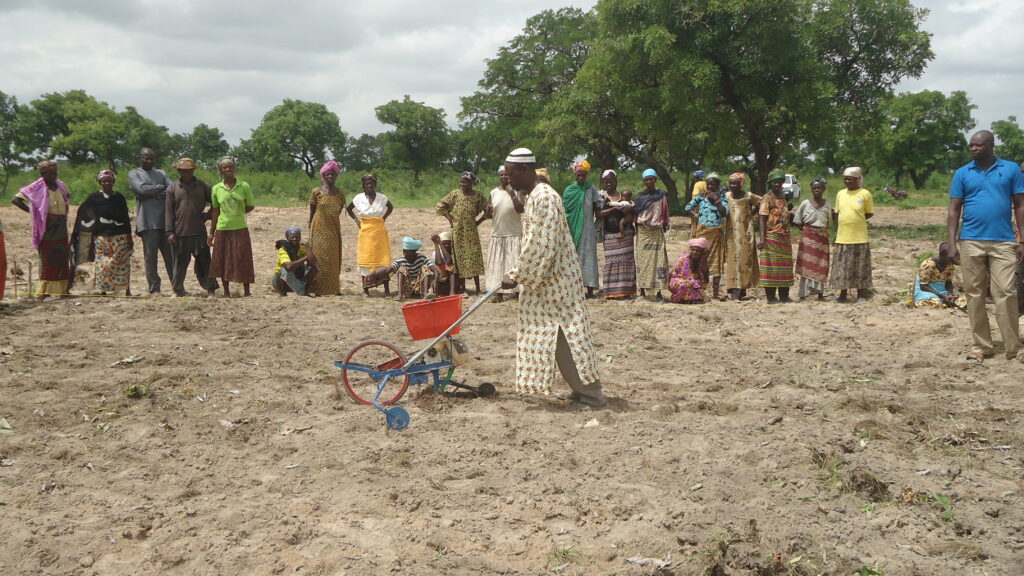
Enhancing Integrated Soil Fertility Management for Increase Production and improve Livelihood (EISFERM project) – (2015 to 2018)
TUDRIDEP implemented the EISFERM project with funding from AGRA from February 2015 to January, 2018. The EISFERM project is designed to effect long-term, sustainable poverty reduction by facilitating capacity building of farmer-based organizations to help them develop economically, socially and environmentally sustainable livelihoods. The project benefited over 10,000 smallholder farmers, women and youth in four districts of the Upper West Region in the soya and maize value chains.
Key outcomes of the project include:
- 10,320 farmers Increase their knowledge on Integrated Soil Fertility Management (ISFM) practices
- 10,000 smallholder farmers have improved relationship (linkages) with inputs dealers
- There has been an increased in access to markets by 10,000 smallholder farmers
- Improved post-harvest handling techniques among 6000 farmers

Climate Change in Northern Ghana Enhanced (CHANGE) Project – (2013 – 2015)
The CHANGE Project was implemented in the Sissala East Municipality in collaboration with Canadian Feed the Children (CFTC) from 2013 to 2015. Key project results include:
- 5600 farmers have access to information about climate change and its effects, and strengthened capacity to implement adaptive measures
- Enhanced climate smart agricultural productivity and increase farm income of 3500 smallholder farmers
- Reduced risk of climate change impact on household livelihood
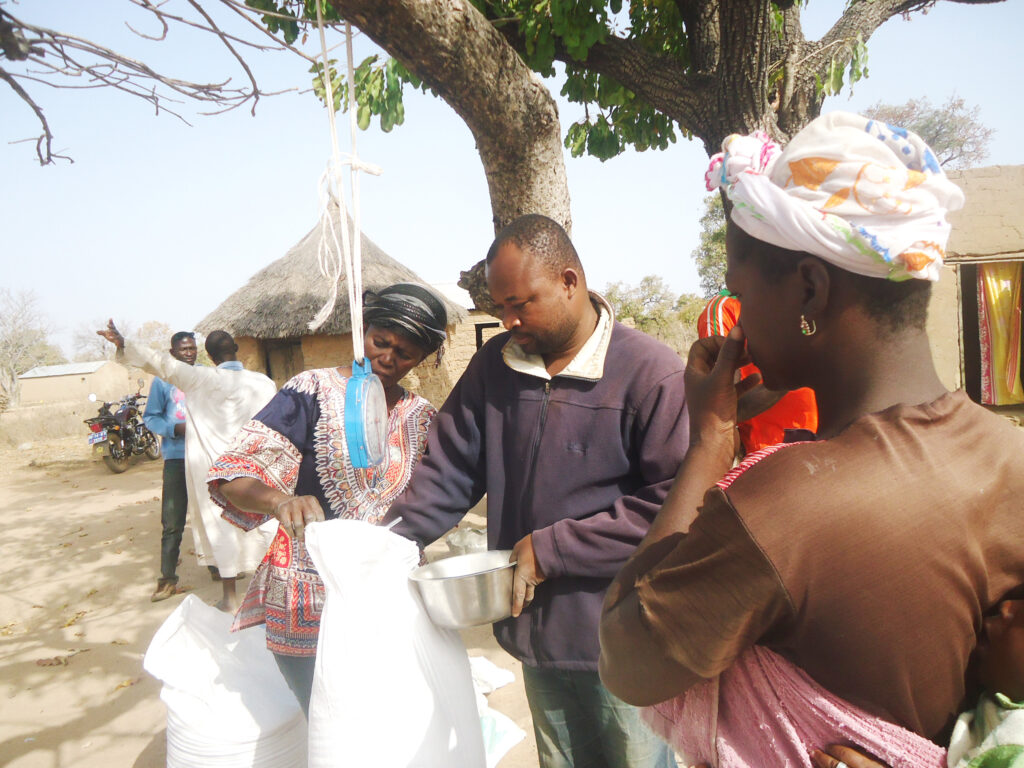
Farmers’ Cooperative and Market Access Development (FACOMAD) Project – (2013 -2015)
The FACOMAD Project was implemented in the Sissala East and Wa East districts with funding from MISEREOR. Key project results include:
- 80% of smallholder farmers adopt improved sustainable agricultural practices
- 251 smallholder farmer based organization and their secondary level cooperative institutional capacity strengthened
- Improved marketing structures of smallholder farmer producer groups
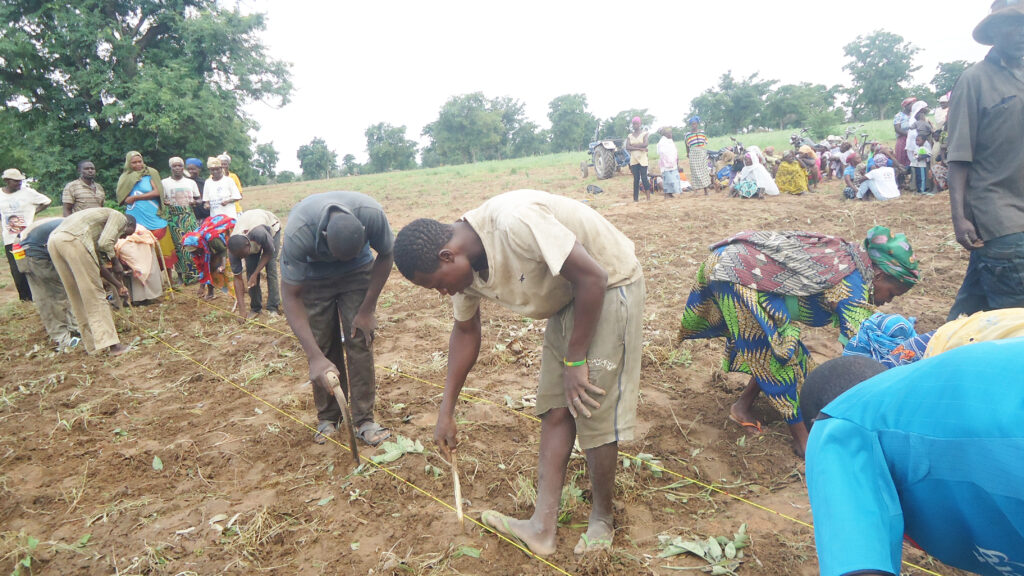
Agricultural Technology Transfer (ATT) Project
The ATT Project was implemented in partnership with IFDC as part of the USAID Feed the Future Programme. Key results of the project are:
- They have been an Increased capacity and competitiveness of the seed sector
- There is Increased demand for market and technology information on seed and ISFM through ICT mechanism among 6200 farmers
- Increased dissemination of ISFM technologies among 5200 farmers
